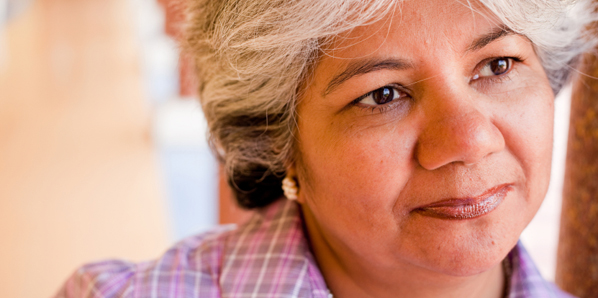How to move on when your parents pass away
Caregivers often share with us the struggle they experience as their loved ones get closer to passing on. They talk about all the emotions that they feel as they begin to realize their loved ones will no longer be with them. Some report feeling tremendous guilt as they shift their focus from saying goodbye to beginning to think about what the future holds for them. Others admitted that they thought every day about what they would do when their loved one died.

Planning your post-caregiving life
It is only natural to think of what your life will be when your loved one passes on. Even the most devoted caregivers need to give some time and energy to figuring out what changes they should make when they are no longer in that role. Such planning certainly does not reflect any less commitment to the loved one. In fact, some of our members tell us that their loved ones initiate such discussions about the future and encourage their caregivers to get back into living their lives as fully as possible.
One woman told us that her husband and she had many sad but wonderful conversations about how she would sell their house and move to a townhouse near their youngest son. They had planned to do that together before his illness became severe, and he encouraged her to proceed with the plan after he died. Of course, it is best to wait a while after the death of a loved one to make any big decisions or major life changes. However, some caregivers are able to make plans while their loved ones are in their final stages of life and then carry out the plans after the passing. When she made the move about nine months after her husband died, she felt confident that he was supporting her in her decision and that he would be happy for her.
Practical steps
There are many practical steps that you can take to ensure that there will be as few complications as possible when your loved one dies. For example, if there is joint ownership, such as property, automobiles, bank accounts, investments, it would be best to arrange to have the transfer of these assets while your loved one is still alive. It is important to work with an attorney, accountant or legal aide to plan as much as possible in advance.
Preparing your heart
Just as important as these practical affairs is the preparation you make in your heart. Focus on all the good things you have done to help make your loved ones last months and days as blessed as possible. If you are able to have a conversation, make sure that you let him or her know how much you appreciate and love them. Many in the health professions say that even those in a coma state can hear the words of their family and friends.
When your loved one dies, you can go on with your life, knowing that he or she would want you to live life to the fullest.
Warmly,
Dr. Amy
DrAmyCaregiving.com
****
Related articles:
Seven ways grieving affects your health
Tips to improve your mental health
Five ways to manage your stress
Men and depression: Seven things you need to know-now
Health and wellness for caregivers
Are you facing the loss of your parents? How are you coping? Share your thoughts in the Comments section below.

